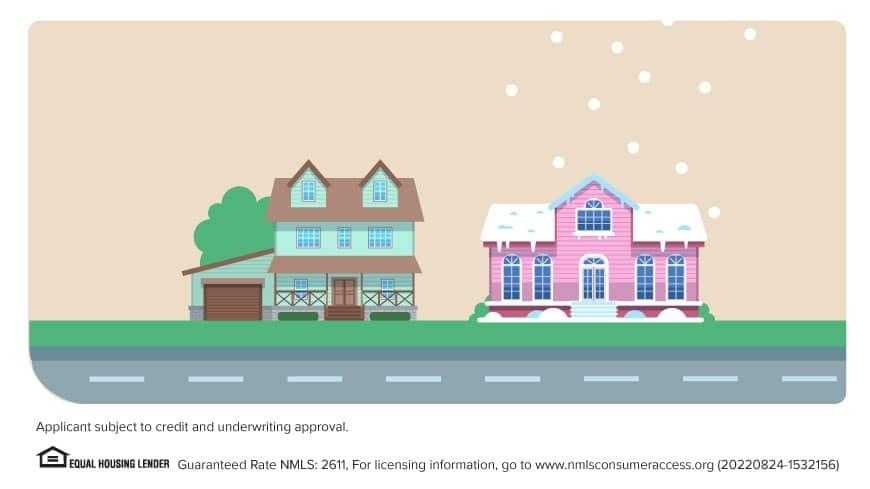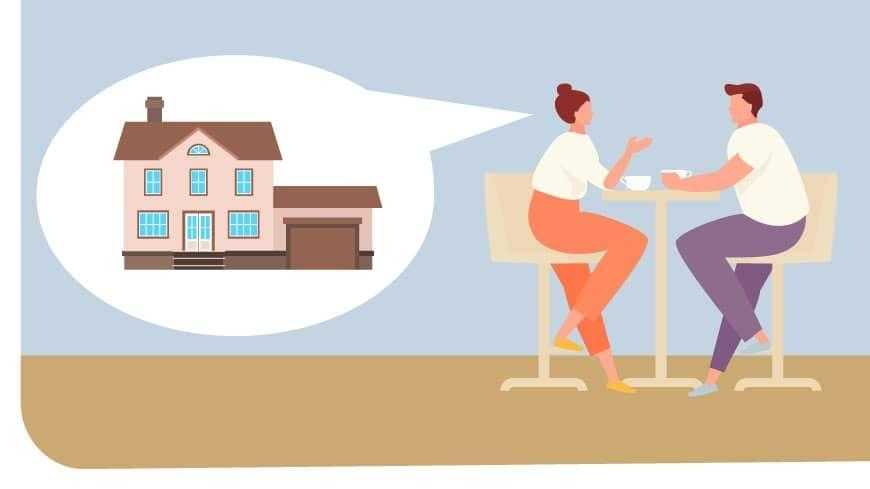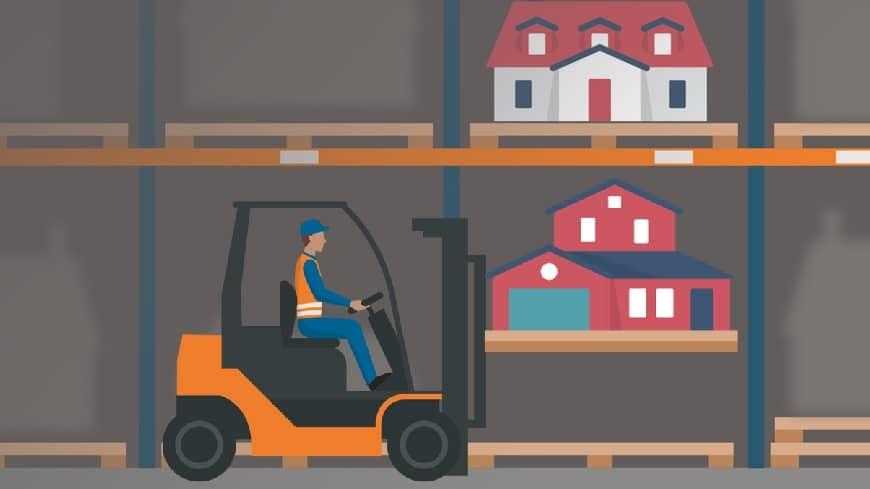Buying a house is a huge financial commitment — one that you’ll need to continue making payments on for years to come. With that in mind, you want to be sure you’re getting the best mortgage rate possible so you can lower the total cost of your home. Shop around and see what offers different lenders are willing to put on the table.
Ready to buy a home you can truly call your own? Let our experienced mortgage lending team help you find the right loan option at the right interest rate to fit your budget. The journey to your dream home starts here.
*Guaranteed Rate does not provide credit repair or credit counseling services.
** Savings, if any, vary based on consumer’s credit profile, interest rate availability, and other factors. Contact Guaranteed Rate, Inc. for current rates. Restrictions apply.
Applicant subject to credit and underwriting approval. Not all applicants will be approved for financing. Receipt of application does not represent an approval for financing or interest rate guarantee. Restrictions may apply, contact Guaranteed Rate for current rates and for more information. All information provided in this publication is for informational and educational purposes only, and in no way is any of the content contained herein to be construed as financial, investment, or legal advice or instruction. Guaranteed Rate, Inc. does not guarantee the quality, accuracy, completeness or timelines of the information in this publication. While efforts are made to verify the information provided, the information should not be assumed to be error free. Some information in the publication may have been provided by third parties and has not necessarily been verified by Guaranteed Rate, Inc. Guaranteed Rate, Inc. its affiliates and subsidiaries do not assume any liability for the information contained herein, be it direct, indirect, consequential, special, or exemplary, or other damages whatsoever and howsoever caused, arising out of or in connection with the use of this publication or in reliance on the information, including any personal or pecuniary loss, whether the action is in contract, tort (including negligence) or other tortious action. Guaranteed Rate does not provide tax advice. Please contact your tax adviser for any tax related questions. Some loan products discussed in this article may not be available from or brokered by any of the Guaranteed Rate Companies.


















